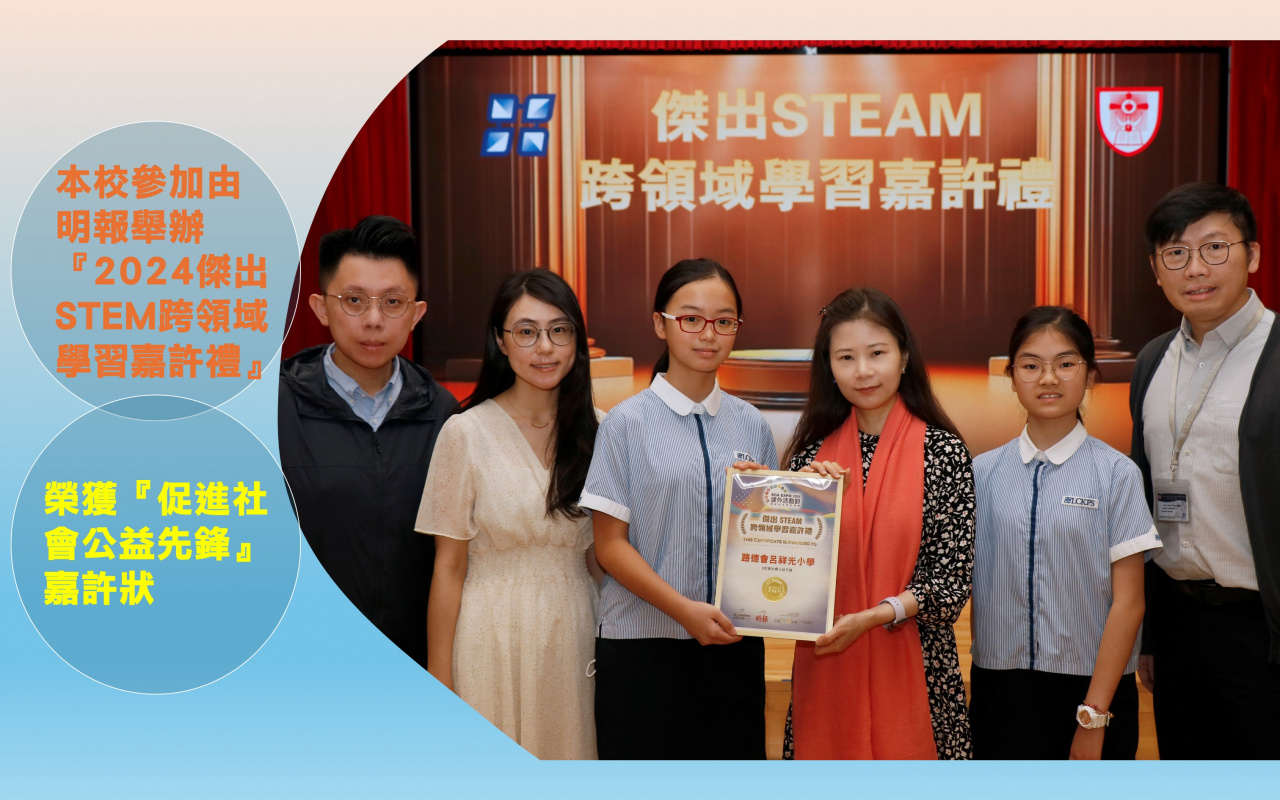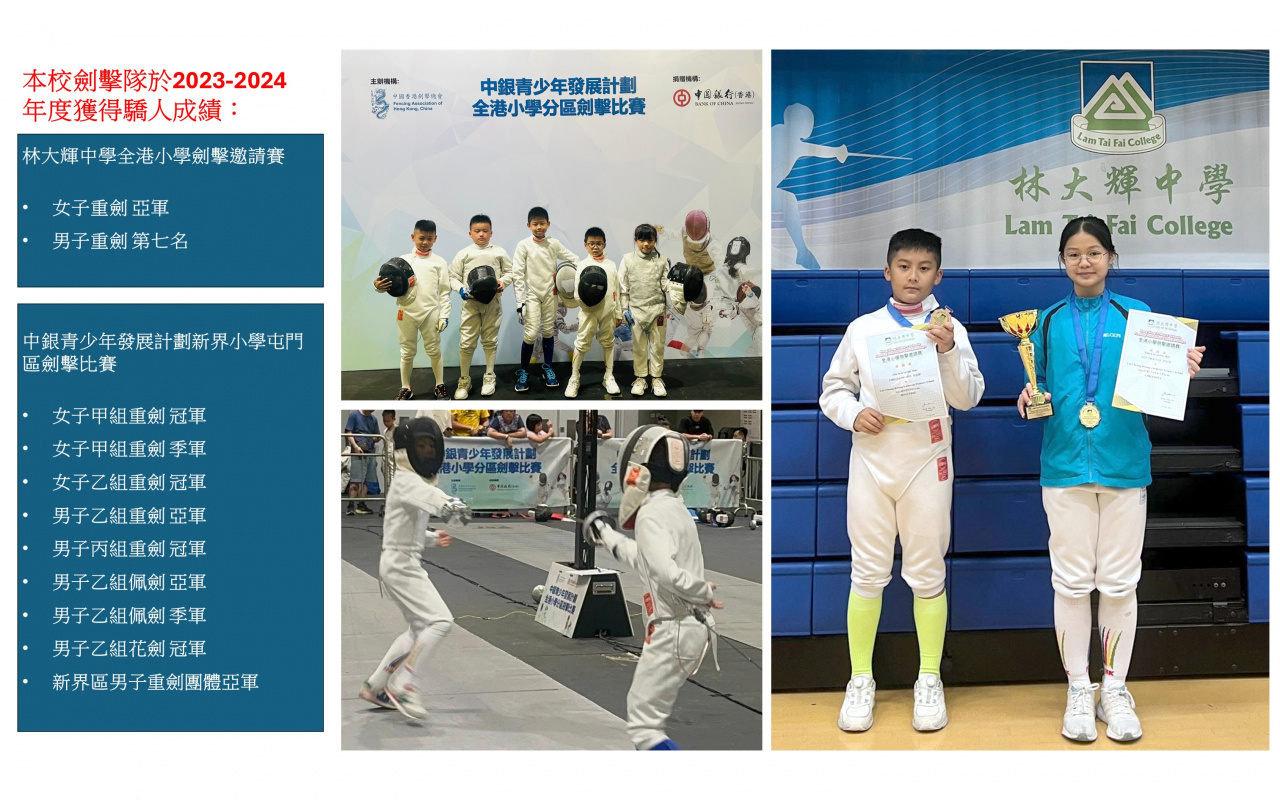Homework Policy 家課政策
The Purpose of Homework :
- To consolidate what students have learnt in class, and to prepare them for upcoming lessons
- To develop students' self-regulated learning habits under teachers' guidance
- To enable students to monitor their learning progress, identify their weaknesses, and use different strategies to improve their academic performance
- To cultivate students' good learning habits and enhance their self-directed learning abilities
- To let teachers keep track of students' learning progress and devise teaching strategies to facilitate better learning
- To identify areas for development in the curriculum and inform teaching and learning to support students to achieve a higher standard
- To allow parents to gain an insight to where students’ strengths and weaknesses lie, put in place early interventions, set positive expectations and provide appropriate timely support to contribute to effective learning
- To promote learning through informative and clear feedback and help parents to keep informed of students’ progress and render assistance
Setting Homework:
- To accomplish the desired teaching objectives, teachers set a diverse range of effective homework to consolidate what students have learnt.
- A flexible approach is adopted to assign homework to cater for learner diversity.
- Teachers work together to promote a family-friendly homework policy.
- A varied assortment of effective homework is assigned to arouse students' interest in learning.
- Homework for Primary 1-3 students is designed with fun and creative elements. Homework for Primary 4-6 students is focused on critical thinking, analyzing, creating original ideas as well as application in daily life.
Implementation Procedures and Arrangements:
- Homework periods are arranged for students to complete most of their homework at school.
- Teachers will help students with their homework in class.
Collaboration Between Parents and School:
- Parents should check students’ homework and sign their homework diary regularly.
- Parents should understand the purpose and the importance of completing homework, and give students support when needed.
- Parents should provide a quiet and comfortable environment for students to finish their work.
- Expectations of students’ learning progress and academic results should be reasonable. Encouragement should be offered often.
- Teachers' feedback on students' homework is valuable. Parents should be aware of it in order to help students improve their performance.
- Parents can use e-Class Parent App to know what homework is assigned.
家課的目的:
- 讓學生鞏固基礎知識及課堂所學,並為新課題作準備。
- 讓學生在教師專業的設計和適切的指導下,促進自學。
- 讓學生瞭解自己的學習進度及弱項,繼而尋找解決疑難方法。
- 幫助學生培養良好的學習習慣,培養主動學習的能力。
- 讓教師瞭解學生的學習情況,以調整教學計劃及策略,提供適時回饋,促進學生有效學習。
- 讓教師評估學生在汲取知識、掌握技能及培養良好態度和正面價值觀等各方面的表現,有效回饋課程的規劃與實施。
- 讓家長瞭解子女的學習進度,以作出適時的支援。
- 讓家長瞭解學校課程的要求,攜手合作,共同幫助學生改進學習及發展潛能。
家課設計原則︰
- 各科按課程內容及學習重點設計多元化、促進學習及有效益的家課,以鞏固學生的學習基礎。
- 因應學生的能力與需要調適功課的程度或份量,以照顧學生學習的多樣性。
- 各科互相協調,平均分配每天的家課數量,平衡做功課及休息的時間,使學生能享有健康的生活模式。
- 設計富趣味性的家課,提升學生的學習動機。
- 一至三年級的家課以趣味性及創作性為主;四至六年級的家課著重思考性及分析性,連繫學生生活經驗及發揮他們的創作力。
實施程序及安排︰
- 每週均有安排功輔堂,儘量讓學生在學校完成大部分功課。
- 教師會在課堂內教導學生較艱深的課業部分。
家長的角色︰
- 家長必須每天簽閲學生手冊及檢查子女家課。
- 家長應清楚明白課業的要求及目的,並向子女提供適當的指導。
- 家長應營造寧靜的學習環境予子女完成家課。
- 家長應對子女的學業成績有合理的期望,多給予他們鼓勵及支援。
- 家長應細閲教師對子女家課的批改,從而協助他們改進學習。
- 家長可透過 e-Class Parent App 閲覽學生當天的家課。
.png)

















